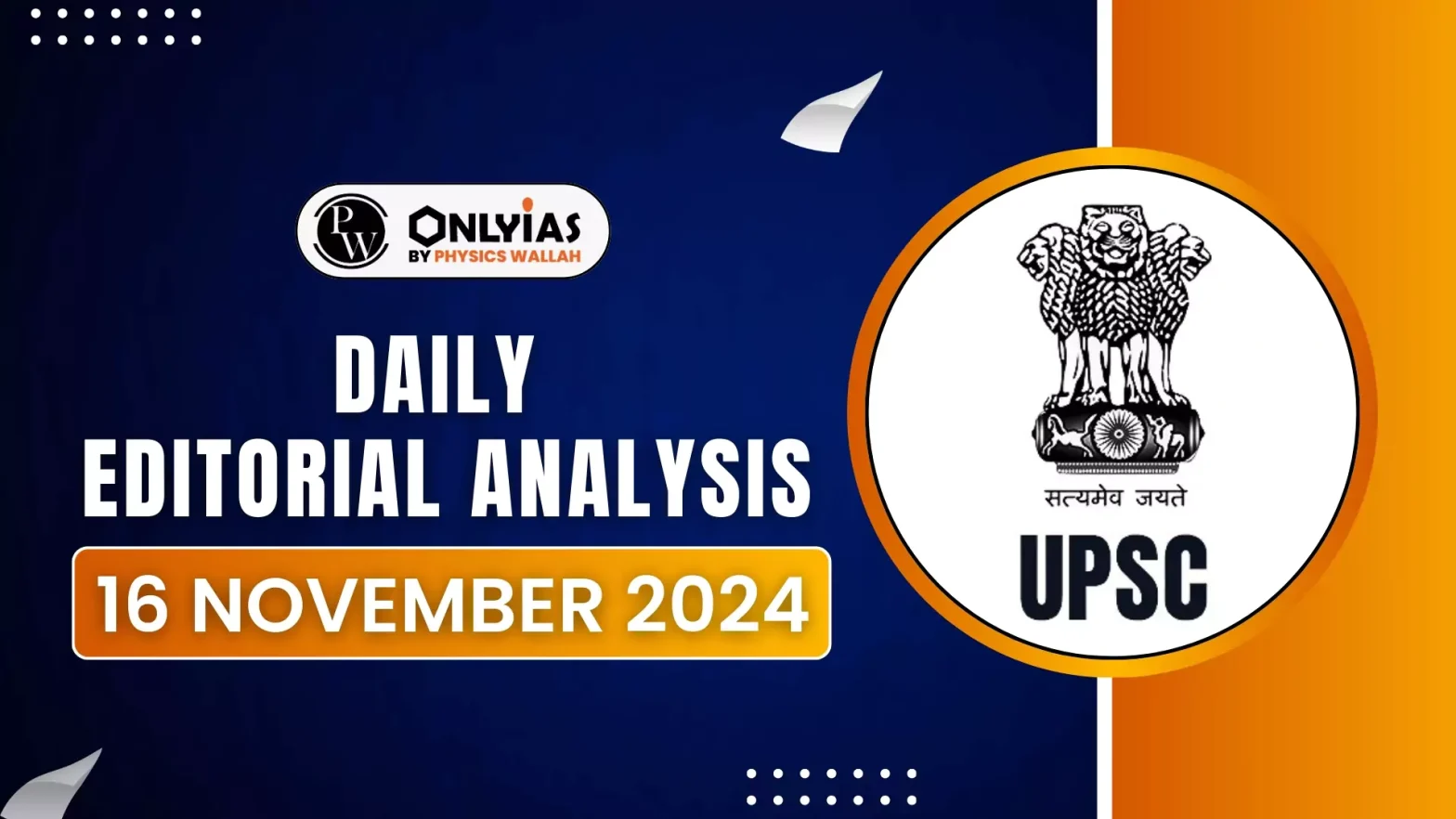Despite being the world’s largest democracy, India lacks a globally recognized public policy institution.
- Countries like the U.S. and the UK have prestigious schools such as Harvard Kennedy School and LSE.
Public Policy Institutions and their Role
- Public policy institutions are organisations that formulate, implement, and evaluate government policies.
- They include think tanks, research bodies, government departments, and advisory boards.
- These institutions analyse societal issues, provide evidence-based recommendations, and help design policies to address public concerns.
Enroll now for UPSC Online Classes
Key Challenges in Establishing a World-Class Public Policy Institution in India
- Centralization of Power: In India, decision-making is heavily centralised in the executive leaving limited room for policy commentators, academics, and civil society groups to influence policy.
- This contrasts with countries like the U.S., where the decentralised legislative process allows think tanks and policy schools to have a more significant impact.
- Limited Legislative Oversight: The role of the Indian legislature in overseeing the executive is limited, reducing opportunities for policy discourse and analysis to influence decision-making.
- In more institutionalised democracies the legislature plays a key role in shaping policy.
- Political Control and Regime Instability: In India, influence on decision-making is often tied to the political leadership of the ruling party.
- When a regime changes, those who were influential under the previous government can be sidelined, creating instability in the policy ecosystem.
- This fragility contrasts with the more stable influence of think tanks and civil society groups in Western democracies.
- Disconnect Between Politics and Policy: India’s political system is less formalised, leading to a disconnect between politics and policy.
- This undermines the role of policy professionals who, in other countries, might have more direct access to decision-making processes.
- Lack of Non-Partisan Space: Political legitimacy and influence in India are often based on proximity to power, leading to sycophancy and instability.
Way Forward
To establish a world-class public policy institution in India, the following steps are essential:
- Curriculum Focused on India’s Political Realities: The curriculum should address India’s unique political environment, including informal networks, caste hierarchies, and grassroots movements.
- It should teach balancing idealism with pragmatism.
- Empathy and Nation-Building: The institution should prioritise empathy, selecting students who care about the lived realities of India’s citizens.
- The aim is to train leaders who understand local challenges and create policies that benefit people, rather than imposing top-down solutions.
- Non-Partisan, Politically Aware Space: The school should foster a non-partisan environment where influence is based on the quality of policy interventions, not proximity to political power.
- Building partnerships across sectors—political, academic, civil society, and media—will ensure the institution remains relevant despite regime changes.
- Institutional Partnerships and Collaboration: Collaborations with think tanks, media, and civil society will enrich the curriculum and the impact of the institution.
- These partnerships will create a strong policy ecosystem, connecting students with diverse perspectives and real-world policy-making.
- Policy Innovation: Encouraging creative problem-solving for India’s unique challenges will position the institution as a hub for policy innovation.
- It should focus on research and solution-driven approaches for effective implementation across India’s diverse regions.
- Long-Term Impact and Sustainability: The school must ensure long-term engagement, fostering an alumni network that continues to influence policy.
- This will help build a stable, high-quality policy ecosystem and maintain relevance across changing political landscapes.
Check Out UPSC NCERT Textbooks From PW Store
Conclusion
By providing a platform for informed, empathetic, and non-partisan policy-making, India can build a robust policy ecosystem capable of addressing its development challenges and influencing global governance.
![]() 16 Nov 2024
16 Nov 2024

